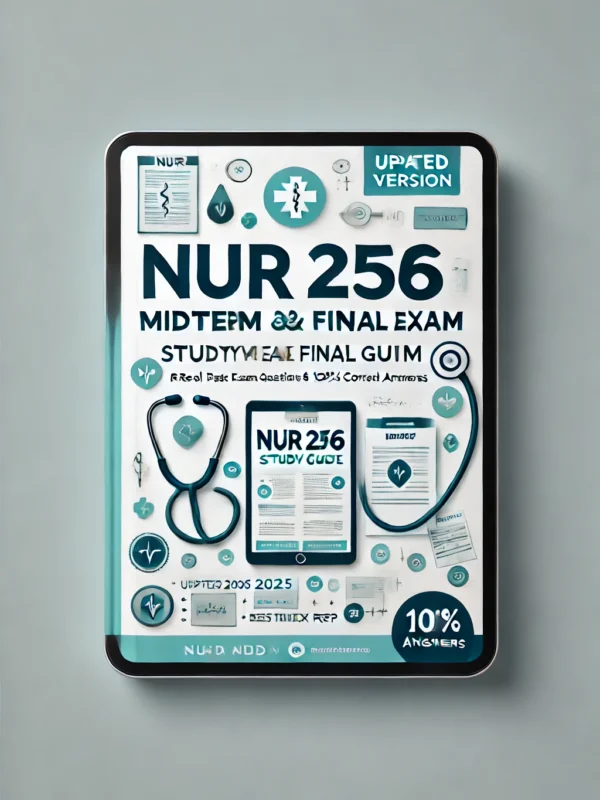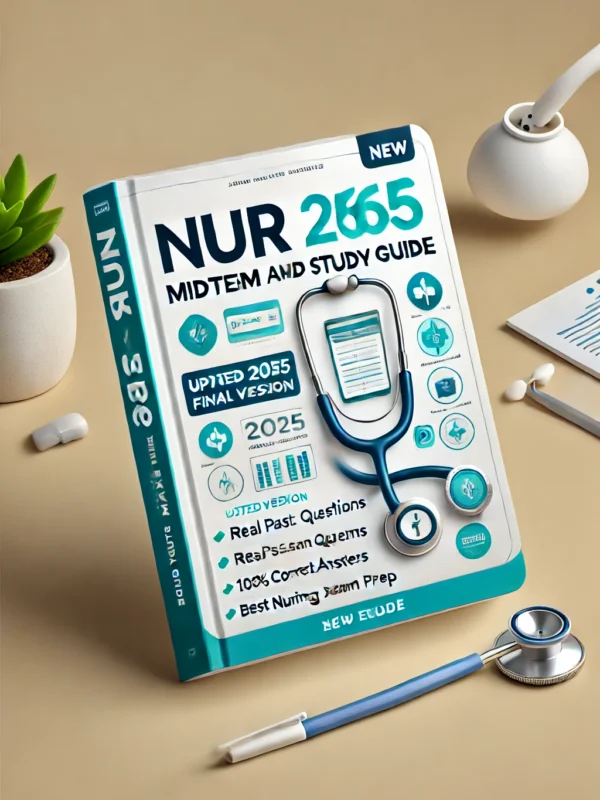-
Includes 80 practice questions designed for adaptive testing preparation.
-
Covers key areas: clinical knowledge, critical thinking, and patient care.
-
Offers adaptive testing strategies to tackle the HESI CAT format.
-
Provides study tips to enhance learning and exam readiness.
-
Aligned with Duke University School of Nursing’s curriculum standards.
-
Supports HESI and NCLEX-RN preparation with focused remediation tools.
-
Offers insights into the 2025 HESI CAT Exam structure.
Preview
1. Nasal Stuffiness and Nosebleeds During Pregnancy
Question:
At a routine prenatal visit, a client at 24 weeks gestation complains of nasal stuffiness
and occasional nosebleeds. Which hormone is responsible for these changes?
A. Human chorionic gonadotropin
B. Progesterone
C. Relaxin
D. Estrogen ✅
Rationale:
Estrogen increases vascularization and capillary engorgement of mucous membranes,
leading to nasal congestion and occasional epistaxis (nosebleeds) during pregnancy.
2. Contact Dermatitis
Question:
A client who has localized eczematous eruptions on both hands is diagnosed with
contact dermatitis. What instruction should the nurse include in this client’s discharge
teaching plan?
A. Wear latex gloves whenever outdoors
B. Apply an oil-based ointment to the affected areas ✅
C. Take prescribed antihistamine near bedtime
D. Soak hands in warm soapy water three times a day
Rationale:
Oil-based ointments help moisturize and protect the skin barrier in contact dermatitis.
Soapy water can dry the skin and worsen irritation.












Reviews
There are no reviews yet.